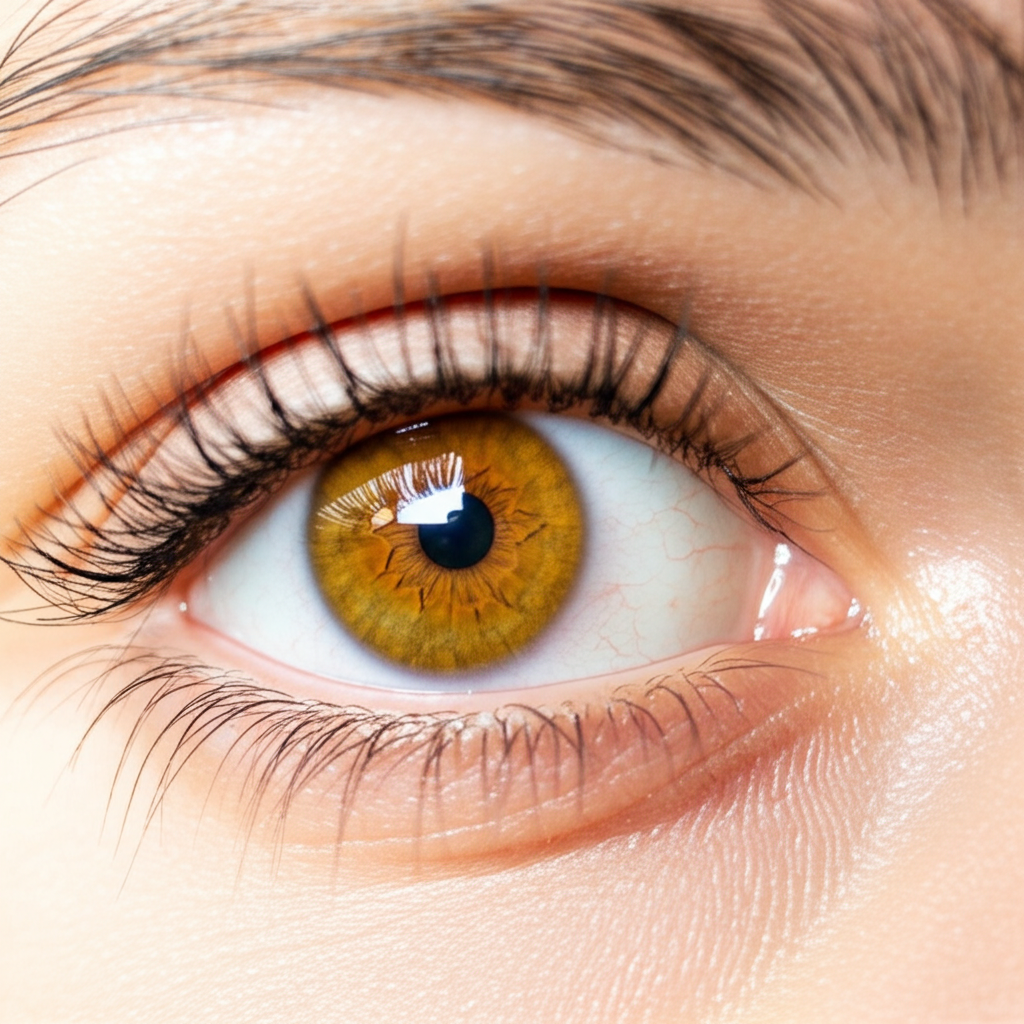Optimizing Sleep: A Simple Trick to Reset Your Body’s Clock
Achieving restful sleep can be elusive, but sometimes the most straightforward solutions are the most effective. Discover a simple, cost-free technique that may enhance sleep quality and potentially offer additional health benefits.
Understanding the Body’s Inner Workings
The human body is a marvel of engineering. Its intricate design reveals a single potential flaw: a lack of understanding from its owner. When individuals comprehend how their bodies function, they are empowered to make informed choices that support overall well-being.
The Diencephalon: The Body’s Master Clock
The diencephalon, a key part of the brain, acts as the body’s biological clock. This “master clock” regulates various bodily processes. Each organ, like the liver (most active from 1 AM to 3 AM), possesses its own internal clock. The diencephalon synchronizes these individual clocks, ensuring harmonious function. When the diencephalon is misaligned, it disrupts the entire system, impacting sleep patterns and more.
The Pineal Gland and Melatonin Production
Working in tandem with the diencephalon is the pineal gland, also known as the epiphysis cerebri. This gland produces melatonin, a crucial hormone for sleep. Many people resort to melatonin supplements to combat insomnia. However, the body can naturally produce this hormone under the right conditions.

The Trick: Sunlight Exposure for Sleep Regulation
Here’s the simple trick to synchronize your diencephalon and improve sleep: **expose yourself to sunlight early in the morning.** The diencephalon relies on light exposure to differentiate between day and night. Sunlight signals the body to reset its internal clock to 00:00, initiating the 24-hour circadian rhythm.
How to Implement:
Upon waking, spend just two to three minutes looking toward the light of the outdoors, ideally as directly as possible without staring directly into the sun. This brief exposure helps reset the diencephalon, optimizing melatonin production later in the evening for improved sleep.
Give it a try! Consistent morning sunlight exposure can be a game-changer for sleep quality and overall well-being.



